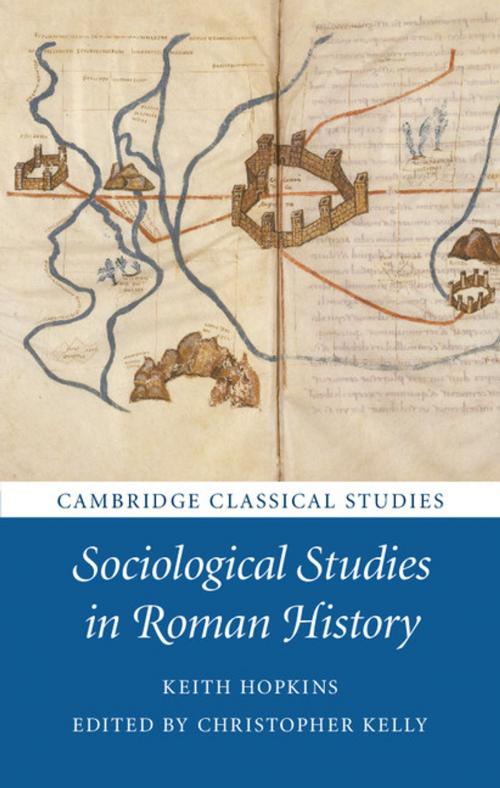| Author: | Keith Hopkins | ISBN: | 9781108505673 |
| Publisher: | Cambridge University Press | Publication: | November 2, 2017 |
| Imprint: | Cambridge University Press | Language: | English |
| Author: | Keith Hopkins |
| ISBN: | 9781108505673 |
| Publisher: | Cambridge University Press |
| Publication: | November 2, 2017 |
| Imprint: | Cambridge University Press |
| Language: | English |
Keith Hopkins was a sociologist and Professor of Ancient History at Cambridge from 1985 to 2001. He is widely recognised as one of the most radical, innovative and influential Roman historians of his generation. This volume presents fourteen of Hopkins' essays on an impressive range of subjects: contraception, demography, economic history, slavery, literacy, imperial power, Roman religion, Early Christianity, and the social and political structures of the ancient world. The papers have been re-edited and revised with accompanying essays by Hopkins' colleagues, friends and former students. This volume brings Hopkins' work up to date. It sets his distinctive and pioneering use of sociological approaches in a wider intellectual context and explores his lasting impact on the ways that ancient history is now written. This volume will interest all those fascinated by Rome and its empire, and particularly those eager to experience challenging and controversial ways of understanding the past.
Keith Hopkins was a sociologist and Professor of Ancient History at Cambridge from 1985 to 2001. He is widely recognised as one of the most radical, innovative and influential Roman historians of his generation. This volume presents fourteen of Hopkins' essays on an impressive range of subjects: contraception, demography, economic history, slavery, literacy, imperial power, Roman religion, Early Christianity, and the social and political structures of the ancient world. The papers have been re-edited and revised with accompanying essays by Hopkins' colleagues, friends and former students. This volume brings Hopkins' work up to date. It sets his distinctive and pioneering use of sociological approaches in a wider intellectual context and explores his lasting impact on the ways that ancient history is now written. This volume will interest all those fascinated by Rome and its empire, and particularly those eager to experience challenging and controversial ways of understanding the past.















